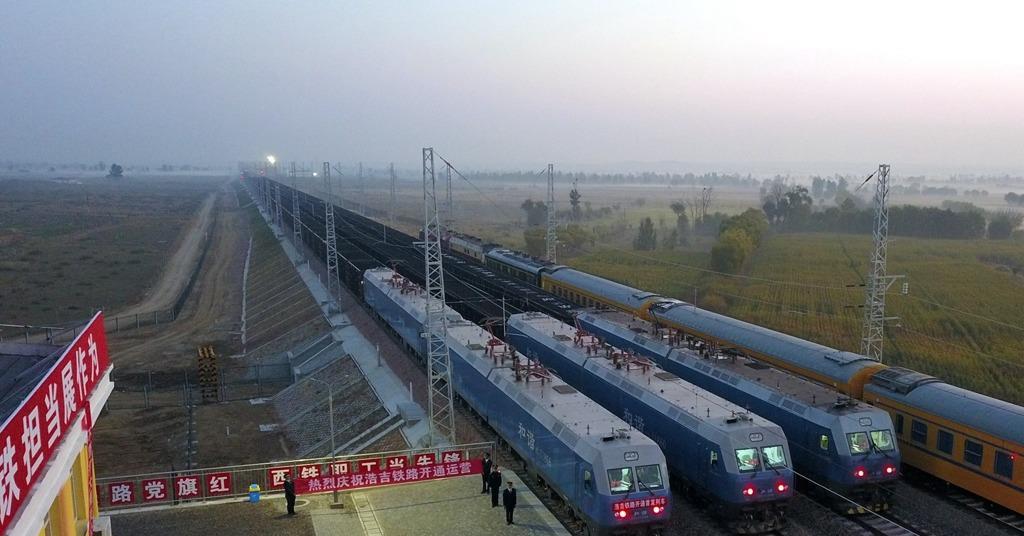I wonder can battery technology be applied -
Battery storage is still very expensive, and large scale storage is likely better grid connected rather tan localised to the consumer. Centrica recently obtained permission for a 100MW facility in Kilkenny. A more novel approach I've seen recently is re-purposing disused mine shafts. Very low response time, low complexity and long life span are big pluses. Combine Solutions like those will be required at grid scale to store surplus renewable energy and then release it to meet demand peaks.

